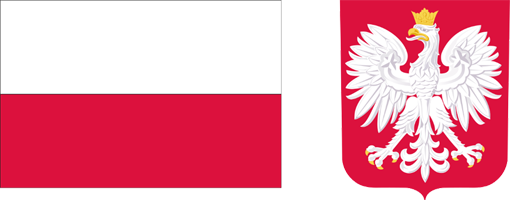Current issue
Archive
About the Journal
Aims and Scope
Advisory Board
Members of the editorial board
List of reviewers
Publishing process
Publishing Ethics and Malpractice Statement
Personal data protection (GDPR)
Creative Commons License
CrossRef Member / Similarity Check
For Authors
Guidelines for authors
Submitting a manuscript through the editorial system – step by step
For Reviewers
Peer review process
Guidelines for reviewers
Submitting a review – step by step
Contact
RESEARCH PAPER
FISCAL FEDERALISM VERSUS RURAL DEVELOPMENT
1
Instytut Ekonomiki Rolnictwa i Gospodarki Żywnościowej – Państwowy Instytut Badawczy Warszawa
Acceptance date: 2016-09-12
Publication date: 2016-09-12
Zagadnienia Ekonomiki Rolnej / Problems of Agricultural Economics 2016;348(3):41-66
KEYWORDS
fiscal decentralisationfiscal federalismTiebout hypothesisrural developmentBuchanan’s theory of club goods
ABSTRACT
Rural development is usually equated with local development, i.e. comprehensive, long-term and multifariously conditioned evolutionary process of positive and desired quantitative and qualitative changes that are cumulatively manifested in better efficiency and productivity of economic operators and institutions and usability obtained by households. This process can be politically explained, modelled and controlled by reference to the traditional paradigm, the new rural development paradigm and recently also to the concept of cohesion policy in rural areas (Kierunki przeobrażeń..., 2015). It is difficult to find basic fiscal concepts and categories among the economic, social, environmental, political, institutional and cultural determinants. Whereas, for instance, taxes and other public levies, subsidies and grant-in-aid have a very strong effect on the financial potential of legal persons representing areas (e.g. gminas), production and cost functions, and development possibilities of companies and prosperity and life quality of rural residents. In this context, the basic aim of the paper is filling in the cognitive gap and extension of the political toolkit for controlling rural development. This was done by referring to the concept of fiscal federalism, approximating, e.g. the arguments for fiscal decentralisation and centralisation, mechanisms and effects of fiscal and interregional externalities along with instruments of their internalisation, to finally tackle the problem of optimisation of the size of local communities.
We process personal data collected when visiting the website. The function of obtaining information about users and their behavior is carried out by voluntarily entered information in forms and saving cookies in end devices. Data, including cookies, are used to provide services, improve the user experience and to analyze the traffic in accordance with the Privacy policy. Data are also collected and processed by Google Analytics tool (more).
You can change cookies settings in your browser. Restricted use of cookies in the browser configuration may affect some functionalities of the website.
You can change cookies settings in your browser. Restricted use of cookies in the browser configuration may affect some functionalities of the website.



